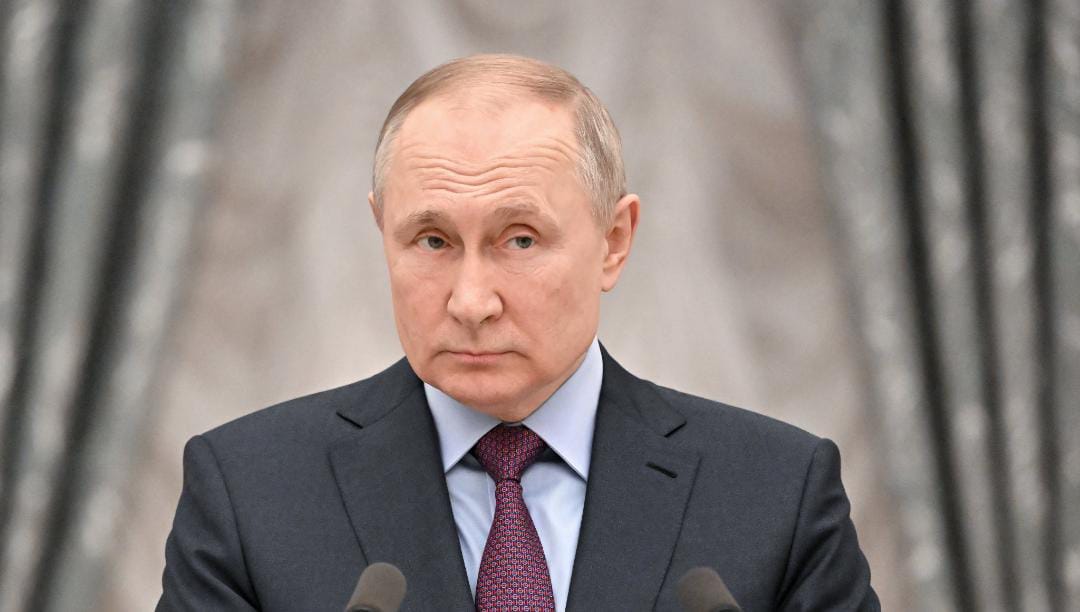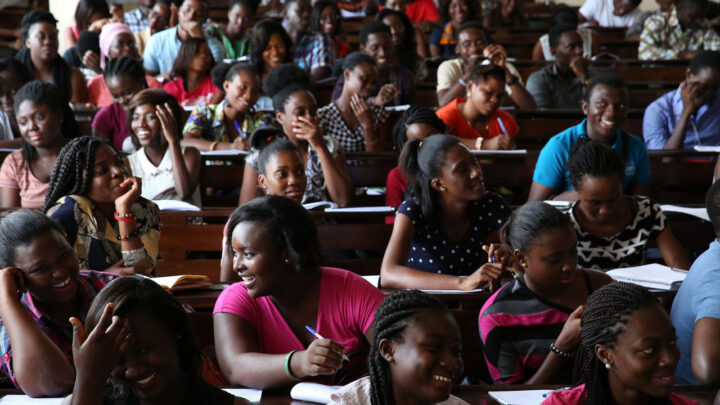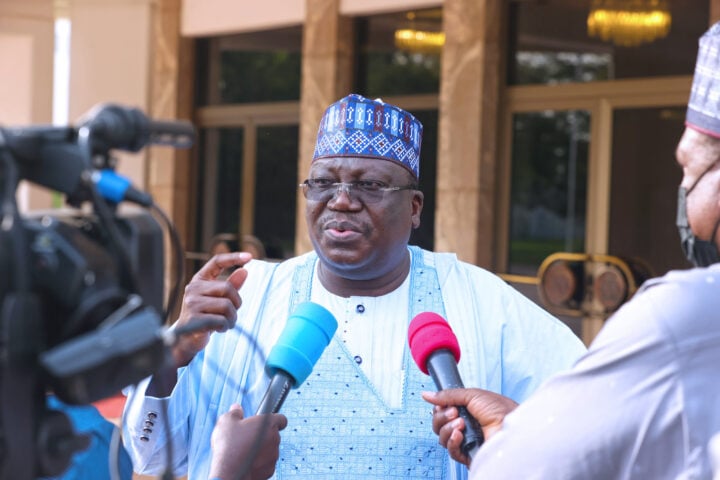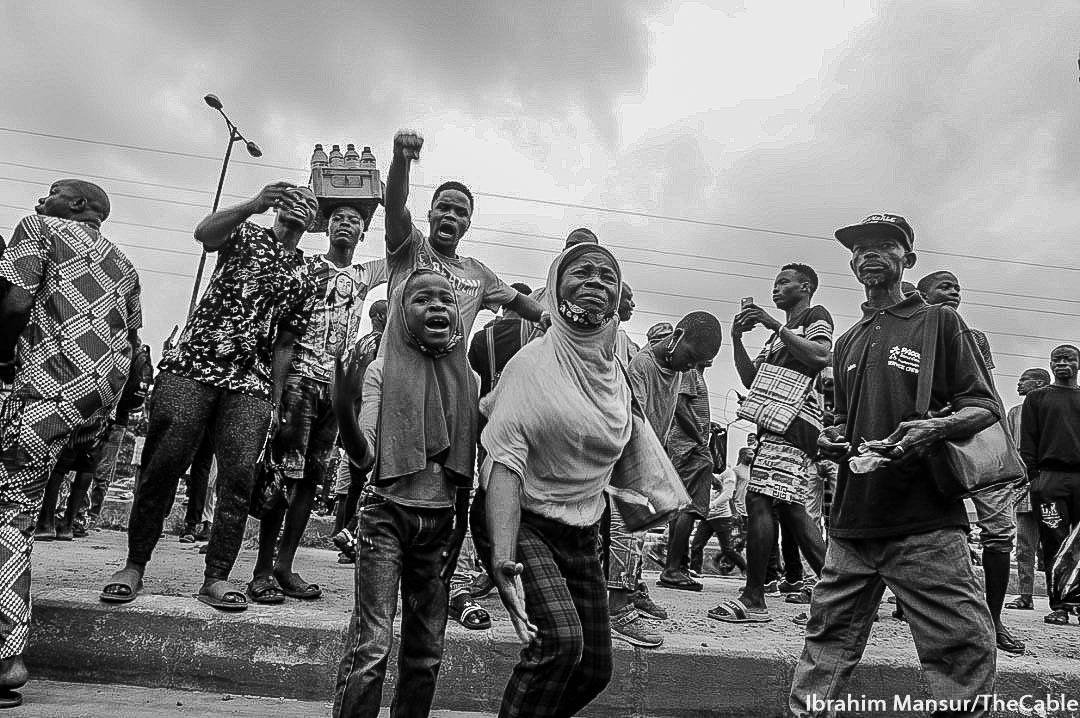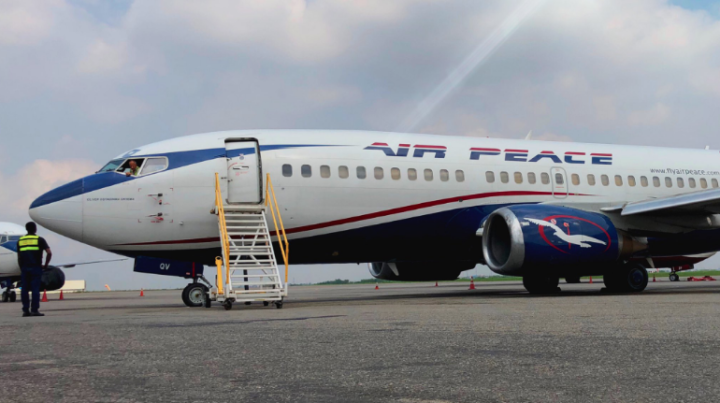If the conflict between Russia and Ukraine escalates into a major world conflict, blame Kenya.
Days before President Vladimir Putin sent his troops into Ukraine, the Kenyan ambassador to the United Nations, Martin Kimani, stood up at the emergency session of the UN security council to warm Russia to desist from attacking its neighbor.
He started by blaming the world’s instability on powerful countries that assault the United Nations Charter by pursuing objectives that run counter to international peace and security. In that line, Kimani must be referring to dozens and dozens of invasions of weaker countries by the US, Britain, France, Russia, and other countries, sometimes with UN approval, sometimes, unilaterally.
“Kenya and almost every African country were birthed by the ending of empire,” Kimani said. “Our borders were not of our own drawing. They were drawn in the distant colonial metropoles of London, Paris, and Lisbon with no regard for the ancient nations that they cleaved apart. Today, across the border of every single African country, live our countrymen with whom we share deep historical, cultural, and linguistic bonds. At independence, had we chosen to pursue states on the basis of ethnic, racial, or religious homogeneity, we would still be waging bloody wars these many decades later.”
Advertisement
Ambassador Kimani said that Kenya and other African countries chose a different path by accepting the borders drawn by European empires “rather than form nations that looked ever backward into history with a dangerous nostalgia… because we wanted something greater, forged in peace”. He continued: “We must complete our recovery from the embers of dead empires in a way that does not plunge us back into new forms of domination and oppression”.
Even though Russia was not involved in colonising Africa, the phrase that must have touched Putin most was “dead empires”. Putin has always been allergic to any reference of Russia as a dead empire.
If Putin had plans to pull back, the harsh Kenyan warning was enough to trigger his determination to go into Ukraine. In 1973, Putin trained African freedom fighters in Tanzania as a KGB agent. During his stay in Africa, he must have heard that whenever a snake failed to bite, kids would use it to tie firewood.
Advertisement
That speech by Ambassador Martin Kimani tied Putin’s hands and made war inevitable.
Vladimir Putin is 5 feet 7 inches tall in a world where the average height of men is 5 feet 7 inches. For the last twenty years, Putin has run Russia, a country with an economy currently ranked number 11 in the world. At $1.1 trillion, the Russian economy is smaller than Italy, India, and South Korea. Brazil is just $34 billion away from overtaking Russia. Besides Brazil, Indonesia, Mexico, and Australia are on track to surpass Russia in the next five years.
But that does not mean a thing to Vladimir Putin, who turns 70 in October and is worth more than $200 billion. Putin grew up in the Cold War era. That view of the world has not left his psyche. And it will never.
As a former KGB agent, Putin was a student of history. To understand Vladimir Putin, we have to go back to 1682 to understand Peter the Great.
Advertisement
Pyotr Alekseyevich, otherwise known as Peter the Great, was born on June 9, 1673, and ruled Tsardom of Russia and the Russian Empire that followed until he died at 52 in 1725. His successful wars expanded Russia into an empire and a major European power. His transformation of Russia was long-lasting. Peter the Great founded the city of Saint Petersburg, where Putin was born on October 7, 1952. When Putin left the KGB, he started his political career in Saint Petersburg. When the government he supported in Saint Petersburg lost an election in 1996, Putin packed his things and moved to Moscow.
In one of the meetings that Putin had with US secretary of state, Condoleezza Rice, he told her: “You know that Russia has only been great when it was ruled by strong men. Like Alexander II, like Peter the Great”.
The obsession with having a strong man in Moscow has been the overwhelming sentiment in Putin. In recent days, as the world transforms beyond the old world that Putin grew up in and adored, Putin has not hidden his desire to recreate and return to that old world. When he appears half-naked on horseback and wrestles with a tiger, he is channeling a long-lost era when strongmen ruled the world. Looking at Europe today, where leading countries like Germany, Spain, France, and Belgium all have female defense ministers, Putin must be disgusted.
He has repeatedly said that the collapse of the Soviet Union (USSR) was the greatest disaster in the history of the 20th century. That is a century when in 1931, the great flood killed between one million to four million people in China. In the same century, over 500,000 people were killed in the 1970 Bhola cyclone in East Pakistan, now Bangladesh, and over 800,000 people were killed in the 1994 genocide in Rwanda. Of course, in Putin’s eyes, the death of a few million people anywhere does not constitute a disaster.
Advertisement
Putin wants to bring Ukraine back into Russia’s sphere of influence. As the Russian economy recovers from its near-collapse in the 1990s, he has been making such moves in the last few years. In 2008, Putin took over parts of Georgia. Reason: he considered it part of Russia. In 2014, he took over Crimea, a part of Ukraine that he considered part of Russia. The pattern has continued, and it is now the turn of Ukraine. There is every indication that it would not end there.
Interestingly, Russia and Ukraine have a long history. They all emerged from the 10th-century state called Rus that had Kiyv in Ukraine as its major city. After the Mongol invasion in the 13th century, Russia and Ukraine went separate ways. In the middle of the 17th century, they came together again when the Russian Empire started to absorb Ukraine into its sphere. The Russians referred to Ukrainians and Belarusians as little Russians for the 17th and 18th centuries. In 1804, Russia banned the Ukrainian language as a subject in school and as a language of instruction. In 1876, Alexander II’s government banned the importation and publication of Ukrainian books and public performance of anything in the Ukrainian language.
Advertisement
The Soviet Revolution of 1917 saw the reemergence of Ukraine from the shadows of the Russian empire. On January 22, 1918, Ukraine declared its full independence from Russia. It led to the Ukrainian war of independence at the end of the First World War. Ukraine as an independent state lasted until 1922. In 1922, Ukraine and Russia became the first two countries to form the Union of Soviet Socialist Republics. From 1932–1933, due to Stalin’s economic policies, Ukraine experienced man-made extermination by hunger called the Holodomor famine. It killed over 7.5 million Ukrainians. During this period also, Russians were moved to Ukraine in large numbers and they constitute the large population of Russian-speaking regions of Donetsk and Luhansk. Ukraine’s alliance with Russia ended in 1991 when the Soviet Union disintegrated. Still, the seeds of the current crisis were already planted on the ground in Ukraine and in the minds of people like Putin, who are determined to resurrect dead empires.
The fear of Russia reemerging from its collapse pushed former Soviet republics to move towards the West. They sought membership into European Union and North Atlantic Treaty Organization (NATO). Since 1997, the following countries, Estonia, Latvia, Lithuania, Poland, Czech Republic, Slovakia, Hungary, Romania, Slovenia, Croatia, Montenegro, Albania, North Macedonia, and Bulgaria, all former republics under the Soviet Union or countries under the influence of the USSR, have all joined NATO.
Advertisement
Russia feels entrapped with NATO’s admission of each country. With Estonia and Latvia in NATO, the powerful NATO is right at the border of Russia. It is unacceptable to Putin, the same way it will be unacceptable to the United States to have Mexico or Cuba as a Russian ally next to the US. Putin’s determination to risk it all to stop Ukraine and Belarus from joining NATO is a last-ditch attempt to prevent Russia from being flanked at its European end by NATO countries.
While Putin is fighting that, he is also fighting at home elements within his own country that desire more freedom and Western-style democracy. In Putin’s worldview, the creeping of democracies next door to Russia is also a threat to the version of democracy that he desires for Russia. Putin will go to any length to fight these two wars concurrently. For his domestic opponents and those who show admiration of America or the West, Putin has no qualms locking them up or in Soviet KGB style, sending his agents to use nerve agents to eliminate them wherever in the world they may be. In the last few days of protest against his invasion of Ukraine, Putin has arrested over 2,000 Russians.
Advertisement
As the Russian economy recovers from its collapse and as European nations depend more on Russian oil for their energy needs, Putin is more and more willing to flex the muscles that he has been building in a full view of the world. As soon as the world finally moves away from fossil fuel, Putin’s Russia (where fossil fuels account for 63.2% of exports), will go back on its knees and may never get up again.
With Putin’s 70th birthday approaching, he is painfully aware that it is now or never for him to achieve his goal of being Peter the Great of his time. This is a goal that Peter the Great achieved at the age of 52. As Putin looks at young Russians like Dmitry Medvedev, he sees that they are too soft for the kind of Russia he dreams about. It heightens his sense of urgency.
Since the US and its European allies can only impose sanctions on Russia, there is little chance that the sanctions are enough to stop Putin. Without the stomach to go to war with Russia, a nation with over 6,000 nuclear weapons, the rest of the world will sit by and watch, hoping that he stops when he comes very close to the point of mutually assured destruction. In the meantime, other baby emperors in Beijing, Tehran, Ankara, New Delhi, and others, with dreams of reactivating dead empires or building new ones are watching and taking notes.
The next few weeks, months, and years will determine what the remaining 77 years of this century will look like. Putin will not be around to welcome the year 2100, but what he is doing today will go a long way to determine how the world will look like on that eve. If on the eve of 2100, he is called Putin the Great or Putin the Terrible, it depends on whether he takes his quest to regain a lost empire into NATO countries or whether he stops with Ukraine.
As for Africans who admire Putin the Great, they may remember their history books and how so-called European greats sat down in Belin in 1884 and sliced up Africa and shared amongst themselves. That was when the like Leopold II of Belgium became the absolute ruler of Congo Free State, the present-day Democratic Republic of Congo, from 1885–1908. Leopold II’s rule of Congo was brutal. Using torture, murder, and amputation of the hands of men and women, Emperor Leopold II caused the death of over 10 million Congolese.
As Kenyan UN Ambassador Kimani said, African people are still dealing with the injuries caused to Africa by European greats of the 18th and 19th centuries. While Kimani is wrong to state that Africans have accepted those artificial borders the Europeans drew, he is right to say that Africans are not going to welcome leaders of former colonial empires who may wake up one day and wish to recreate their dead empires.
So, while you raise your fist to cheer for Putin the Great, use your tongue to count your teeth.
Okonkwo teaches post-colonial African history at the School of Visual Arts in New York City. He is also the host of Dr. Damages Show. His books include “This American Life Sef”, “Children of a Retired God,” among others.
Views expressed by contributors are strictly personal and not of TheCable.

